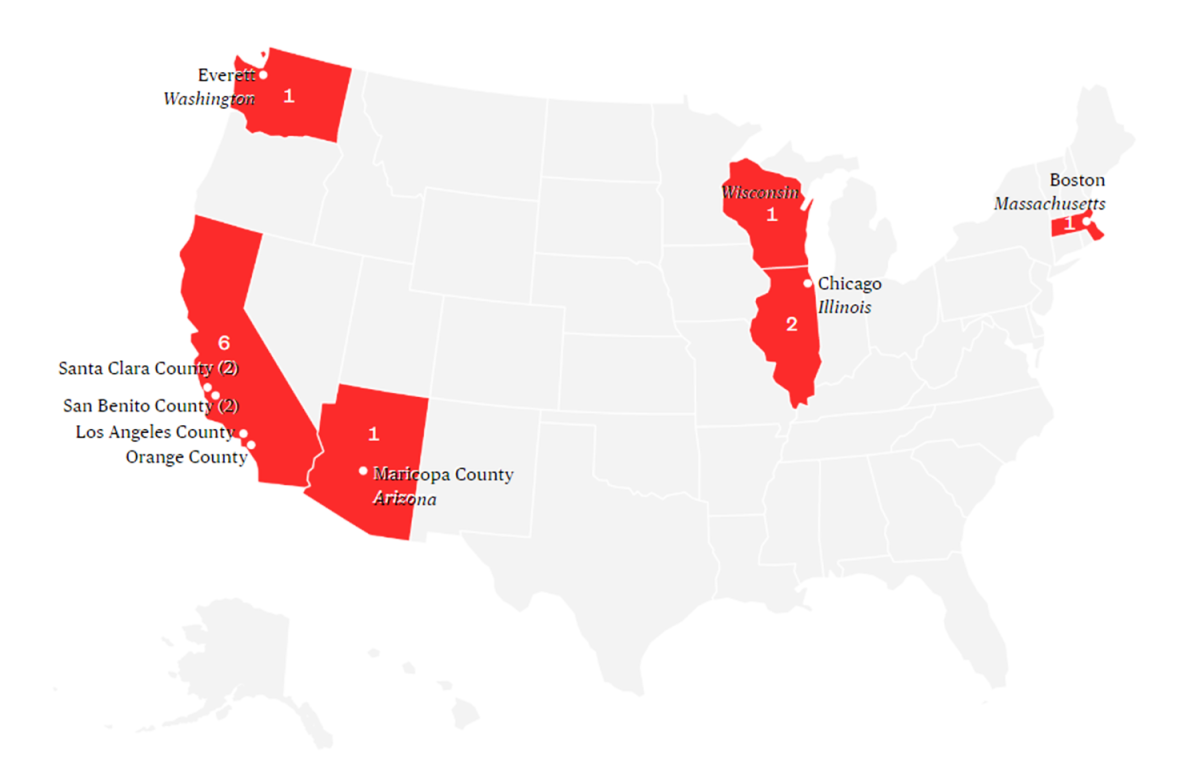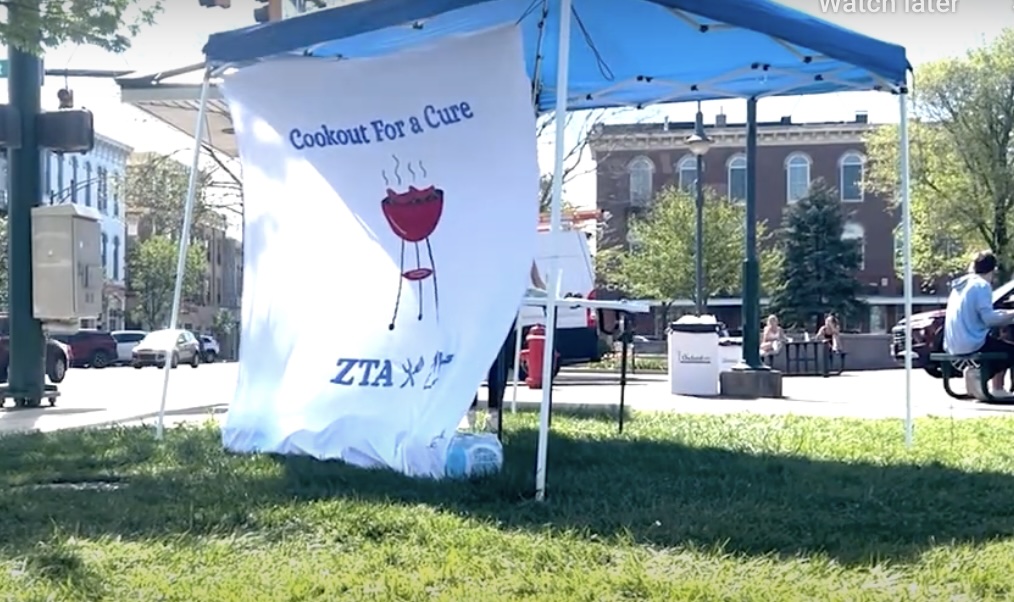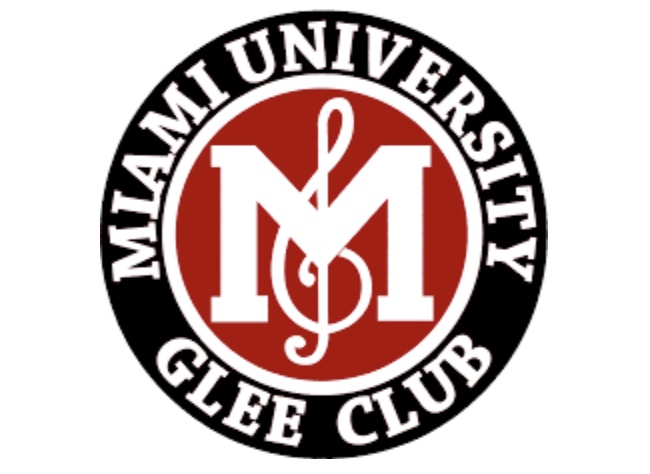The two Miami University students isolated in their apartments last week because of concern they might have been exposed to the coronavirus are healthy, but university and health officials continue to urge people to actively monitor their health and avoid close contact with anyone with cold or flu symptoms.
The university held a press conference Sunday to announce that the Centers for Disease Control and Prevention (CDC) had tested the two students and determined they do not have the virus. The students recently returned from China and went to the university health center early last week because one of them had flu-like symptoms. At the university’s urging, they had voluntarily confined themselves to their off-campus apartment for almost a week until the CDC test results came back.
As of Thursday, Ohio has no confirmed cases of the coronavirus, according to county and state health officials.
The negative test results prompted many Miami students who had been wearing face masks as a precaution to put the masks away. Shuheng Shen, a sophomore computer science major at Miami, had been wearing masks since he came back from China at the end of winter break on Jan. 26. “I don’t wear masks (now) because of the test results,” he said “I believe Miami did a great job in preventing the spread of the virus.”
On Feb. 3, Miami sent out an announcement to all students, faculty and staff, saying the university is implementing additional guidelines about the virus, consistent with federal public health recommendations. These guidelines include:
- Any Miami student, faculty or staff member returning to the U.S. from China after 5 p.m. Feb. 2, should self-quarantine. They will not be permitted to come to work, attend class or participate in any campus or community activities for 14 days after leaving China.
- Individuals who returned from China before Feb. 2 are asked to monitor their own health for 14 days, checking for fever and respiratory symptoms, but they are permitted to go to class and work and engage in other normal activities if they have no symptoms.
- Until further notice, university-sponsored travel to China remains prohibited for all students, faculty, and staff members.
Some students still stranded in China
According to Molly Heidemann, director of international student and scholarship services in Miami’s Global Initiatives Office, as of now the university has about 25 students who are still stuck in China and have been unable to return to campus.
These students can either take online courses or a gap semester if they are not able to come back to the U.S. Depending on when the travel ban will be lifted, these students can also take late sprint courses or summer courses, she said.
“We are absolutely working with them, communicating with them, trying to give them some options, hoping to get them back here,” Heidemann said, “We are here for international students. stay strong!”
As of Feb. 5, a total of 28,018 confirmed cases of coronavirus and 563 deaths were reported in China. The virus was first identified in December and is believed to have begun in the city of Wuhan. According to the CDC’s latest report, of the 12 confirmed cases reported in the United States, six have been in California, two in Illinois, one in Washington, one in Arizona, one in Massachusetts and one in Wisconsin.
The CDC had tested 293 people in 36 states for the virus. 206 of those tested were negative and 76 suspected cases are awaiting results. The World Health Organization said the fast-spreading coronavirus is a global health emergency.
The United States has officially declared a public health emergency since 5 p.m. on Feb. 2, meaning that all travelers who have visited China in the past 14 days will be barred from entering the United States.
According to the national immigration administration, as of Feb. 2, about 71 countries around the world had imposed exit and entry controls on China.
Incidents of hostility and bigotry condemned
With the spread of the coronavirus, incidents of hostility directed against Chinese people have been reported around the world.
A recent issue of Der Spiegel, a popular magazine in Germany, featured a picture of a person in a breathing mask and protective clothing with the caption, “new coronavirus made in China.”
The Chinese embassy responded on its official website saying: “Releasing such a picture does nothing to the outbreak, but only causes panic, mutual blaming and even radical discrimination. We despise such a move.”
Last week a group of Oxford religious leaders, concerned that bigoted and hostile comments related to the virus were being directed at Chinese students here, sent a letter to the Observer condemning such behavior and telling all international students that they are welcomed and valued members of the Oxford Community.
Miami Provost Jason Osborne sent out an announcement to the university this week asking that all members of the Miami community be treated with compassion rather than suspicion. The letter said in part:
“Our Code of Love and Honor states that we demonstrate Love and Honor “by supporting and caring for [our] fellow Miamians.” This means that we treat our fellow Miamians with care and compassion, even when (or especially when) we are anxious or afraid. It is bad enough to be unwell under any circumstance. Imagine how frightening it must be to feel unwell while at college in a foreign country. Many of our students from China must also be very worried about their loved ones back home. I urge each of you to treat all members of our community with compassion rather than suspicion.”
The full text of the letter can be found on Miami’s coronavirus web page.
Osborne’s message was welcomed by students who received it.
“I feel so heartwarming and being welcomed by the community,” said Bobby Zhu, a junior interactive media studies major at Miami, after receiving Osborne’s email.
Additionally, at Tuesday’s meeting of the Oxford City Council, several members condemned such xenophobic and unfounded comments and urged others to condemn such comments as well.
“If you see something, say something,” said Mayor Mike Smith. “I will not tolerate any backlash over this in Oxford.”
Additional information about coronavirus, including symptoms, treatment and a list of university precautions and requirements, is available on the university’s coronavirus webpage.








